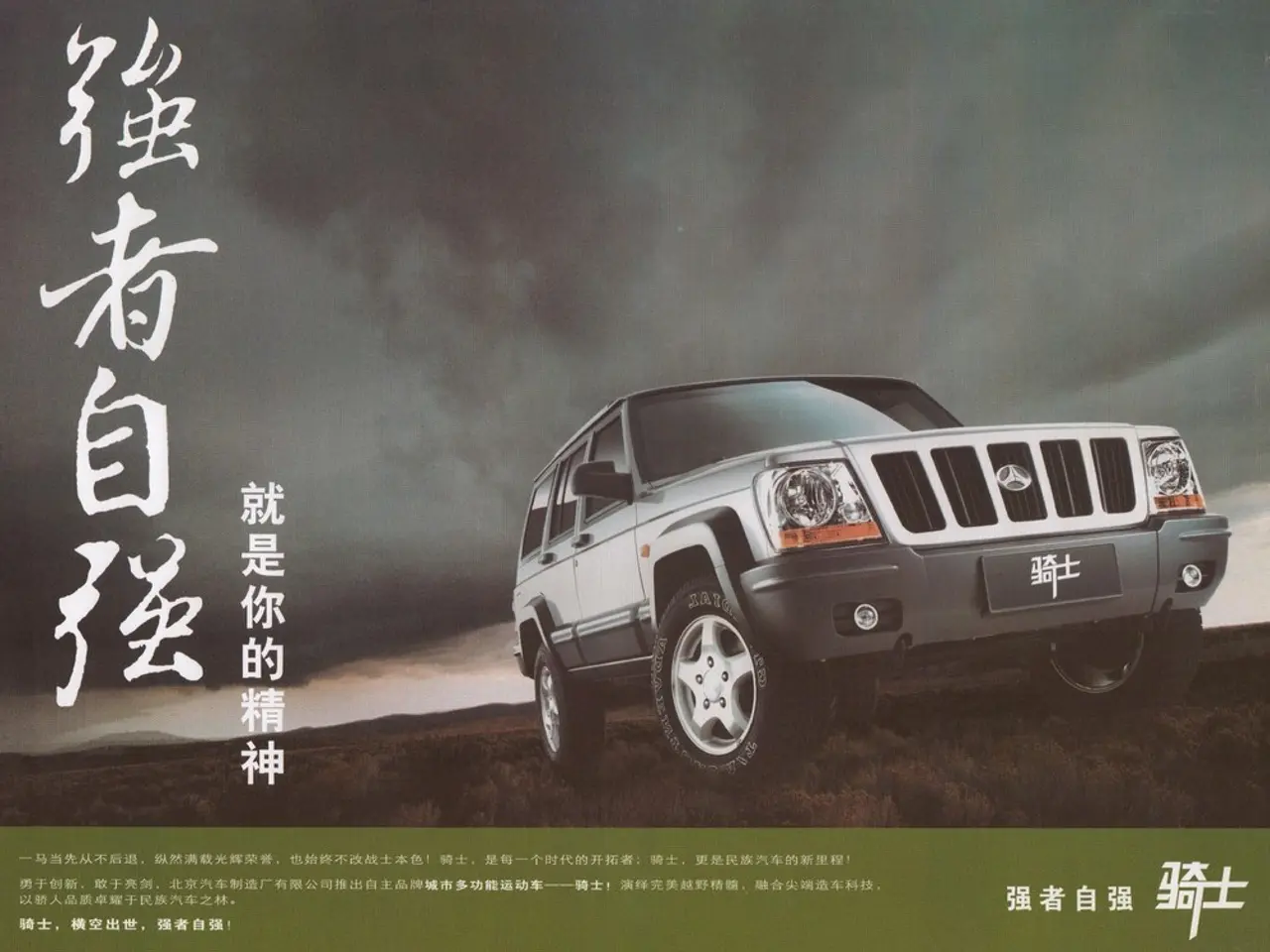Deepening trust between China and the EU is a priority, according to Xi.
The recent summit between Chinese President Xi Jinping and top EU officials in Beijing has shed light on the growing tensions between the two economic powerhouses. The meeting, held in the Great Hall of the People, was intended to celebrate 50 years of diplomatic ties but set the stage for a contentious encounter due to a multitude of grievances.
Trade and Economic Relations
The EU has expressed deep concerns over the significant trade imbalance between the two economies, with China being the EU's second-largest trading partner. The EU seeks a more balanced relationship, citing issues like unfair competition, overcapacity in key sectors, and restricted access for European goods and investments.
European businesses also face challenges accessing China's market, leading to complaints about unfair trade practices. Disputes over intellectual property rights protection, dumping prices, and state subsidies for Chinese exporters remain contentious issues. China's restrictions on rare earth exports have significantly impacted the EU's defense and automotive sectors, further straining relations.
Geopolitical Issues
The EU is critical of China's position on Russia's invasion of Ukraine, expecting Beijing to take a clearer stance against Moscow. This has become a significant point of contention. The EU has also raised concerns about human rights abuses in Xinjiang, Tibet, and Hong Kong, which have been met with resistance from China. Persistent cyberattacks and espionage from China have been another point of contention with the EU.
De-Risking Strategy
In response to these tensions, the EU is pursuing a strategy to de-risk its economic ties with China, diversifying its trade relationships and reducing dependence on Chinese imports, particularly in critical sectors like technology and energy.
The Way Forward
EU Commission President Ursula von der Leyen emphasized the need for China and Europe to acknowledge their respective concerns and come forward with real solutions. She demanded that China ease market access for European companies and loosen export controls on strategically crucial rare earths. The EU's top concern is the yawning trade deficit with China, which stood at about US$360 billion last year.
Beijing, however, has dismissed the EU's concerns, insisting that Brussels must "rebalance its mentality," not its economic ties with China. China has rebuffed the EU's claim and announced what were widely seen as retaliatory probes into imported European pork, brandy, and dairy products.
As both sides navigate these complex economic and political landscapes, it remains to be seen how they will address these deep-seated issues and move towards a more harmonious and mutually beneficial relationship.
- The EU's concerns over its trade relations with China extend beyond the economic, as they also address issues like unfair competition, intellectual property rights protection, and restricted access for European goods and investments.
- Amidst the geopolitical landscape, the EU has criticism towards China's stance on Russia's invasion of Ukraine, human rights abuses in Xinjiang, Tibet, and Hong Kong, persisting cyberattacks, and espionage.
- To de-risk its ties with China, the EU is implementing a strategy to diversify its trade relationships, aiming to reduce dependence on Chinese imports in critical sectors like technology and energy.




